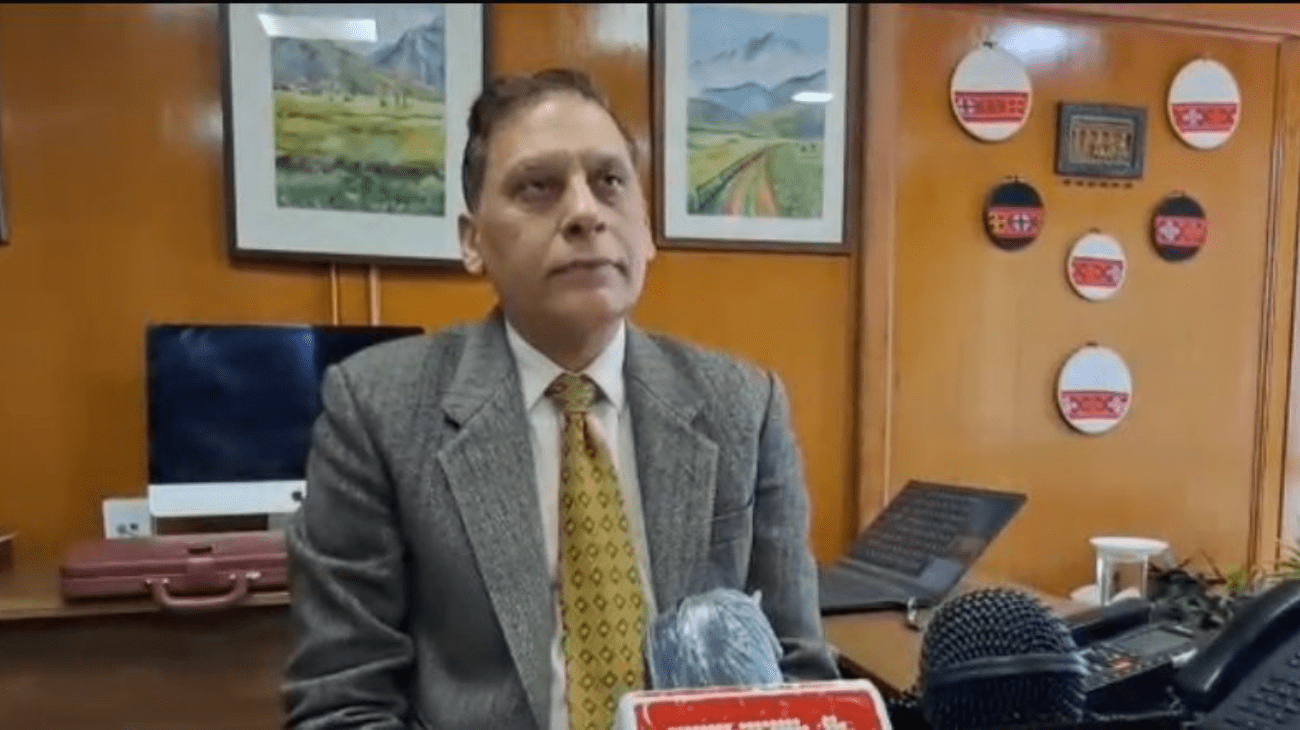2014 crime had shaken Himachal, led to widespread protests
TNR News Network
Shimla: In a significant judgment that has stirred emotional reactions across Himachal Pradesh, the Himachal Pradesh High Court has overturned the d*eath sentence handed down to two convicts in the infamous Yug m*urder case, commuting their punishment to life imprisonment, while the third convict was acquitted of all charges.
The court cited four key reasons for reversing the 2018 verdict issued by a lower court, calling into question the evidentiary foundation of the prosecution’s case and the severity of the punishment.
The case revolves around the k*idnapping and m*urder of 4-year-old Yug Gupta in 2014, a crime that shocked Shimla and led to widespread public protests. After a prolonged trial, the Sessions Court had sentenced three men — Chander Sharma, Vikrant Bakshi and Tejinder Pal Singh — to death in 2018. However, the High Court has now acquitted Tejinder for lack of evidence and commuted the d*eath sentences of the other two.
- Doubt over cause of death and sequence of events
One of the court’s primary observations was that the prosecution failed to conclusively prove whether Yug was killed brutally or thrown alive into the water tank where his skeletal remains were later discovered. The forensic evidence, particularly regarding the circumstances of death, lacked clarity. The court noted that while it was proven that the child died and his body was concealed, the exact manner and timing of the murder remained uncertain, a factor that weighed against the “rarest of rare” doctrine needed to uphold a de*ath penalty. - Unreliable handwriting expert testimony
A significant piece of the prosecution’s argument rested on ransom letters allegedly written by Chander Sharma. These letters were previously accepted as evidence by the trial court, based on handwriting analysis. However, the High Court raised serious doubts about the handwriting expert’s report, citing contradictions and inconsistencies.
As a result, the connection between the ransom notes and the accused became tenuous, weakening the claim that Yug was held alive for ransom and undermining the motive alleged by the prosecution. - Witness testimony under scrutiny
The court also questioned the credibility of a key prosecution witness, forensic expert Dr Arun Sharma, who had previously testified that Yug’s femur bones and remains matched samples taken from the water tank. The High Court observed that the expert’s conclusions were not definitive and failed to eliminate reasonable doubt regarding the timeline and the exact manner of the child’s d*eath. The failure to prove whether Yug was alive when the ransom letters were received further clouded the narrative. - Good conduct of convicts in prison
Another factor considered by the court was the behavioural assessment of the convicts while in prison. Reports submitted by the Jail Administration and the Psychiatric Department indicated that both Chander Sharma and Vikrant Bakshi exhibited satisfactory and non-violent behaviour over the years. While not a deciding factor on its own, the court acknowledged this aspect as a mitigating circumstance when considering the commutation of the d*eath sentence.
One acquitted, two sentenced to life
As per the High Court’s judgment, Tejinder Pal Singh has been acquitted due to insufficient evidence directly linking him to the crime. The remaining two, Chander Sharma and Vikrant Bakshi, will now serve life imprisonment without parole for the remainder of their natural lives.
The verdict has left Yug’s family devastated. Speaking to the media, Yug’s father Vinod Gupta expressed deep disappointment with the High Court’s decision. “We will continue our fight for justice. The agencies did not do their job properly and we are not satisfied with this judgment,” he said, fighting back tears.
Murder that shook Shimla
Yug Gupta was abducted on June 14, 2014, from his home in Shimla. Initially thought to be a kidnapping for ransom, the case remained unsolved for over two years. The breakthrough came in 2016, when a video of Yug pleading for help was discovered on convict Vikrant Bakshi’s mobile phone during an unrelated investigation.
Subsequently, all three suspects were arrested. The child’s skeletal remains were recovered from a drinking water tank in Keleston, a tank that had continued to supply water to local residents even after the crime. The Sessions Court had delivered a death sentence in 2018, a decision that was met with both public approval and widespread emotional reaction.
The murder had sparked massive outrage across Shimla, with hundreds of local traders and residents staging protests demanding capital punishment for the accused. Shops were shut, rallies were held and representations were made to both the High Court and the State Assembly by the grieving family and local community leaders.





